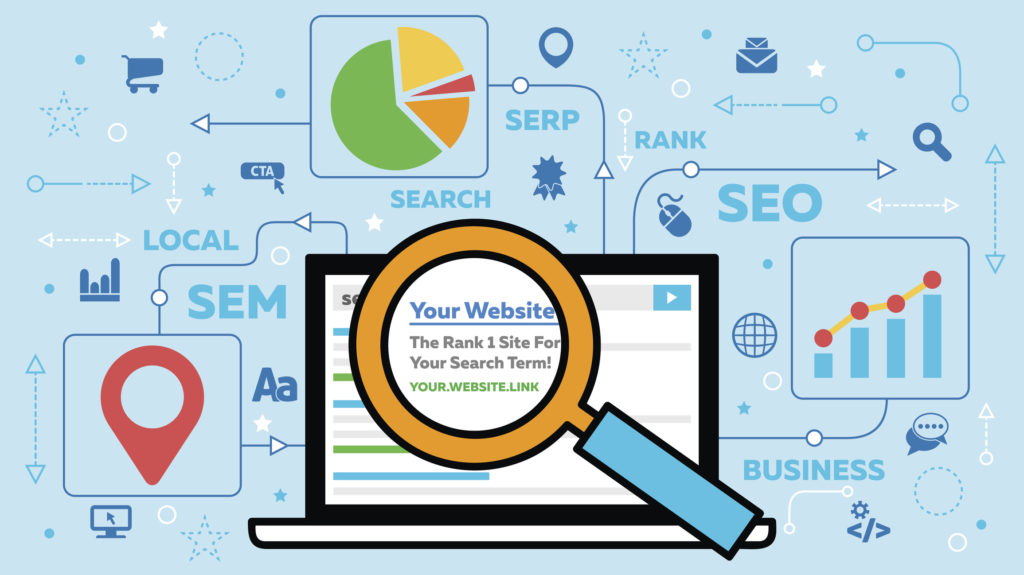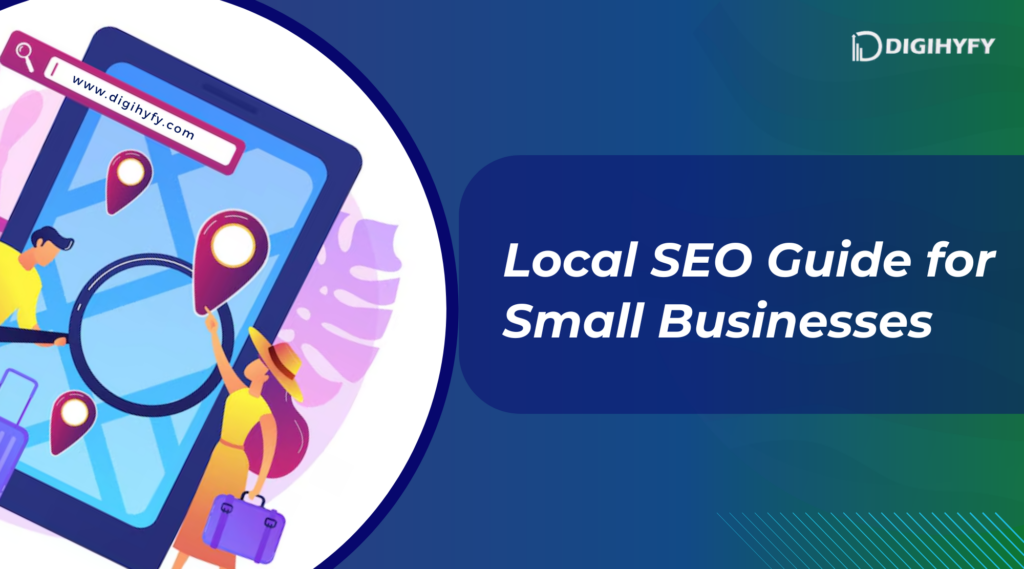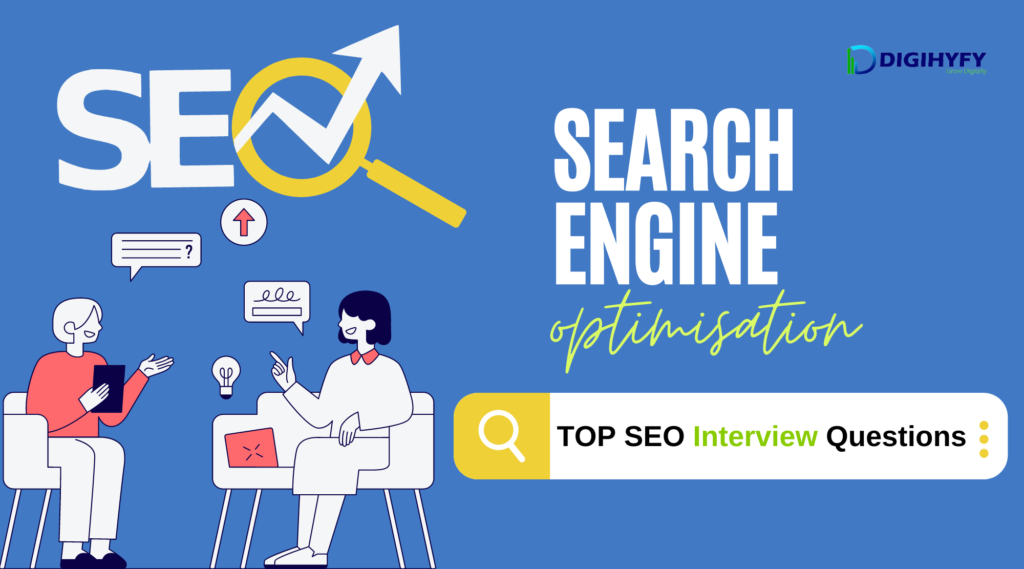Search Engine Optimization (SEO) and Search Engine Marketing (SEM) are two different approaches to increasing a website’s visibility in
Search Engine Results Pages (SERPs). Both have their own benefits and drawbacks for startups.
Benefits of SEO for startups:
- Cost-effective: SEO is generally a more cost-effective strategy than SEM, as it primarily involves making on-page changes to a website and building backlinks.
- Long-term results: The effects of SEO can be long-lasting, as a website that is optimized for search engines will continue to rank well in the SERPs even after the initial optimization work is completed.
Benefits of SEM for startups:
- Quick results: SEM, particularly paid search advertising, can bring quick results since ads can be live as soon as the campaign is launched.
- Targeted traffic: SEM allows startups to target specific keywords and demographics, which can help bring in more qualified leads.
Drawbacks of SEO for startups:
- Time-consuming: SEO can take time to see results, particularly for new websites or those in competitive industries.
- Constant changes: SEO requires ongoing effort to keep up with changes in search engine algorithms and to maintain a website’s ranking.
Drawbacks of SEM for startups:
- Cost: SEM, particularly paid search advertising, can be more expensive than SEO, especially for startups with limited budgets.
- Dependence on Ads: SEM is dependent on ads, if the budget runs out, the traffic drops.
In general, SEO and SEM are both important for startups to consider as part of their online marketing strategy. SEO can help bring in long-term, organic traffic, while SEM can provide a quick boost in visibility and targeted traffic. A combination of both can be most effective




